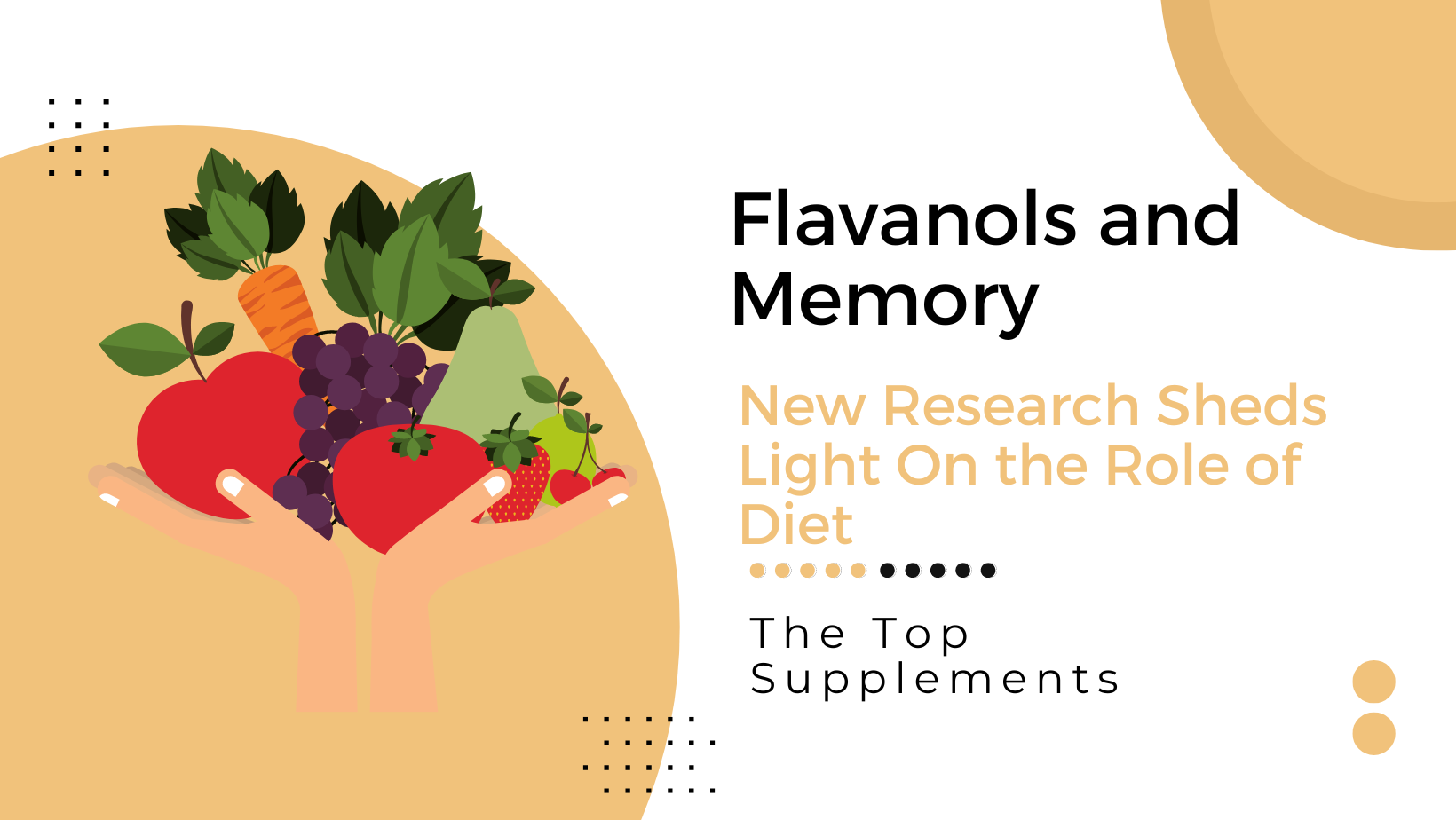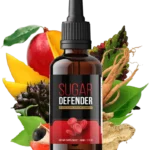New Research Shows Two Antioxidants Linked to Slower Memory Decline
December 1, 2022—Researchers are looking at links between natural products and foods, and memory and cognition. People are increasingly interested in retaining or improving their memory, especially as they age, and avoiding cognitive decline. This is why supplements and products claiming to improve brain health are such big sellers. Examples include Prevagen, but Prevagen side effects can be problematic for some, so they might instead turn to other options.

One alternative to a supplement for memory is an increased intake of antioxidants, based on newly available research.
Flavanols are a type of antioxidant compound, and they’re found in tea, red wine, beans, broccoli, and tomatoes. These flavanols have antioxidant properties.
Evidence primarily from animal studies shows a higher intake of flavonols may protect against conditions like Alzheimer’s and dementia.
A new study published in Neurology shows a higher intake of flavonols was associated with slower rates of cognitition decline in older people.
This particular study joins a growing amount of data showing links between the intake of flavanols in the diet and brain health.
Dr. Thomas Holland, the author of the study and professor at the Rush Institute for Aging Health, said that a healthy diet contains fruits and vegetables, which are necessary for health, especially brain health. He said it’s widely known the vitamins and minerals found in these foods are essential. Still, researchers now understand that the whole composition of food, including bioactive like flavonols, are what makes these foods so beneficial.
Flavonoids are compounds produced by plants and have both anti-inflammatory and antioxidant properties. Flavanoids in previous studies have been shown to be associated with slower rates of normal cognitive decline associated with aging and Alzheimer’s disease.
These brain benefits are likely because flavonoids can reduce oxidative stress, increase plasticity in the brain and reduce brain inflammation.
This current study examined data from 961 participants who lived in senior public housing in Chicago and retirement communities. They were enrolled in the Rush Memory and Aging Project, a longitudinal study aiming to identify the factors associated with declines in motor and cognitive function caused by aging and Alzheimer’s.
Participants the study included were between the ages of 58 and 100 and didn’t have a diagnosis of dementia when they enrolled. Researchers looked at participants annually to evaluate their cognitive function and risk factors associated with cognitive decline.
In the study population, the participants with the highest level of flavonols in their diets versus the lowest had a decrease of 32% in their rate of cognitive decline. The highest levels of flavanols for the study were considered an average of seven servings a week.
Two flavanols, in particular, seemed especially important to slow decline in cognitive function—kaempferol and quercetin. Leafy vegetables are the best source of kaempferol.
Another recent study found that in addition to flavanols being helpful for brain health, they may also help improve cardiovascular health.
More research is needed, but these present results seem consistent with what’s available from other studies.
About The Top Supplements
The Top Supplements is an informational site providing reviews, research, and in-depth information on supplements, vitamins, holistic health care, and products. To learn more, visit www.thetopsupplements.com
Contact: Ashley Watkins
admin@thetopsupplements.com

Gina Jordan is a health blog author who has been writing about healthy living since 2013. She started her journey by adopting a vegan diet and eating only organic foods, but the more she learned, the more she realized that we should all be eating plant-based diets exclusively. As an expert in nutrition and wellness, Gina blogs to educate readers on how they can live happier and healthier lives through food choices!










